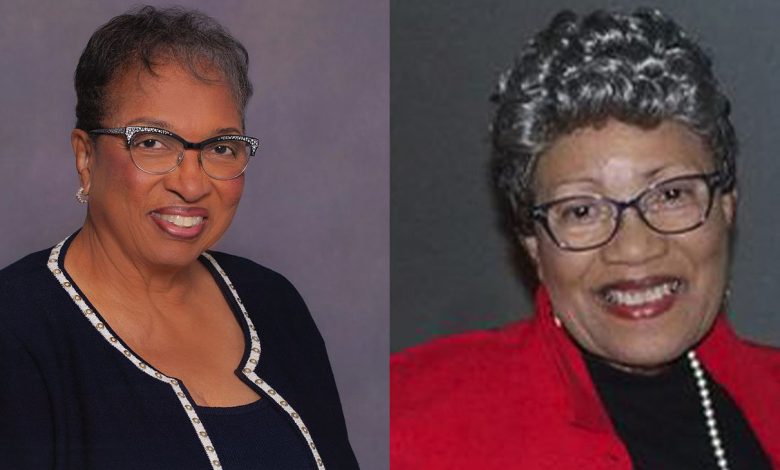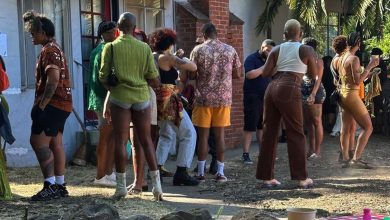Aging Californians: Relaxing the State’s Public Meeting Law Is a Good Thing

By Manny Otiko
California Black Media
During the COVID-19 pandemic, Gov. Gavin Newsom issued an executive order that temporarily suspended some of the requirements of the California’s public meeting law, the Bagley Keene Act.
Newsom’s executive order allowed elected boards, commissions and other state “bodies” to hold remote meetings via teleconference without posting each official’s teleconference location (which in some cases were private homes); posting agendas at each location; or making those locations accessible to the public, as required by law.
A bill is currently being considered by the California legislature that would extend some of the changes to the Bagley-Keene Open Meeting Act until Jan. 1, 2026.
Senate Bill (SB) 544, which was amended Aug. 14 and is currently being reviewed by the Assembly Appropriations Committee, was introduced by Sen. John Laird (D-Santa Cruz) in February.
Supporters of the legislation argue that the bill saves taxpayer money by driving down the costs associated with in-person meetings by up to 90%, and that virtual meetings give access to vulnerable populations who may not be able to attend meetings in person.
One of those vulnerable populations is aging Californians.
“For many citizens, this was a way to stay active in the community,” says former Assemblymember Cheryl Brown, who is now the chair of the California Commission on Aging.
“Once we got them trained, they fall in love with it. They become engaged with their government,” said Brown.
“They want more communication, and they don’t want to be isolated,” Brown says referring to the changes SB 544 is proposing. She wants people to have permanent access to public meetings.
During the pandemic, there was record participation in meetings because they were broadcast online and people could access them by teleconference.
However, SB 544 has its share of opponents.
Groups such as the First Amendment Coalition (FAC), the California Newspaper Publishers Association, California Common Cause, The Society of Professional Journalists, and other groups committed to holding government accountable have spoken out against the bill.
They believe that if SB 544 passed, it would lead to more government secrecy and turn state government boards and commissions into “faceless bureaucracies.”
The FAC was one of several civic groups that co-signed a letter critical of SB 544.
“This rewriting would ensure that a state body would never again have to meet in person. This would fundamentally undermine one of the law’s key protections for public access and participation — the guarantee that the press and public can be physically present in the same room as those sitting on the dais and making decisions. Such physical presence has been a constant hallmark of democratic institutions,” according to the letter.
David Loy, legal director at the FAC, told California Black Media (CBM) he is concerned SB 544 would allow more online meetings and it would diminish elected officials’ face-to-face contact with their constituents.
He added that the governor’s executive orders about online meetings were established during the COVID pandemic — and that the health crisis is over.
According to Loy, elected officials decide public policy in these meetings. And he feels that needs to be done in-person.
“Public officials should be meeting face-to-face with the people they serve,” he said.
Sedalia Sanders, former mayor of El Centro who is currently active with her city’s local agency on aging and is active with the California Commission on Aging, disagrees with Loy.
Sanders told CBM since many of the Commission’s meetings are held in Sacramento, she participates through video conferencing.
“I don’t think anything is lost,” she said.
Sanders says participants can still see and interact with their representatives through video cameras.
“For an elected official to participate in a meeting online, the majority of the board members still have to meet in person to form a quorum,” she added.
Although born during World War II, Sanders has embraced modern technology. She has a cell phone and navigates the internet. However, she said that not all senior citizens are as tech savvy as she is.
Many of them don’t know you have to pay for the internet. And this can be a problem, especially if you’re on a fixed income.
Brown says that the bill’s opponents are conflating the issues. Boards and commissions are different than elected leaders voting on public policy matters, and seniors and disabled communities support this bill because it’s about inclusion, not exclusion.
“Seniors don’t want to sit back and just play pickleball,” she said. “They want to have a say in the decisions that affect their lives and remote access allows them to do that.”





